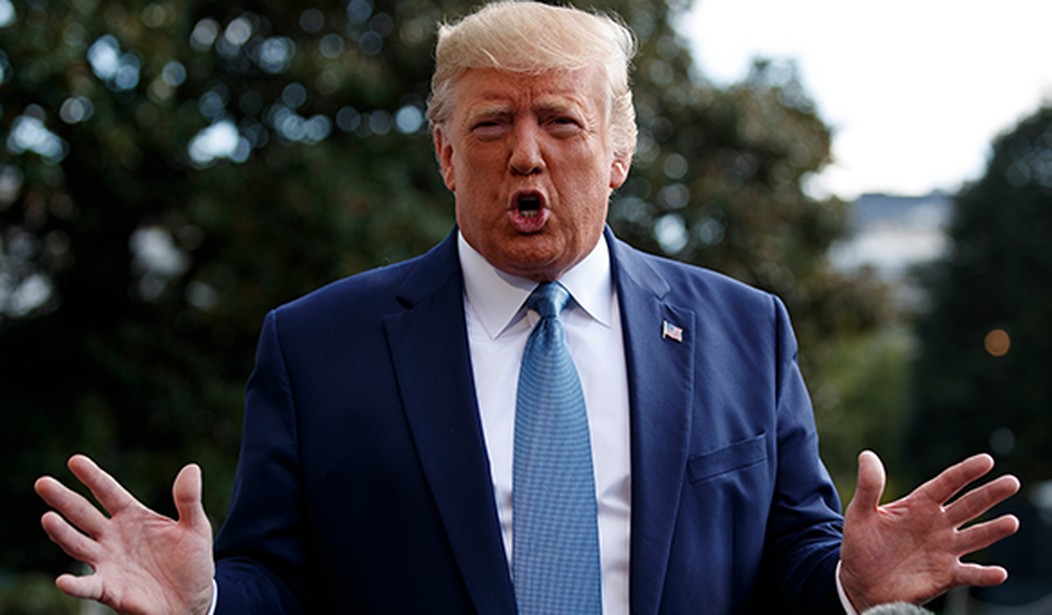So, you're surprised? Sorry not to join in the sentiment.
Our eyes and our instincts have noted silently the growing disappearance of religious commitment, as revealed in a new survey by the Pew Research Center. The famous "nones" -- whose interest in religion approximates mine when it comes to superhero movies -- are a quarter of the U. S. population, compared with 17% a decade ago. "The U.S.," says Pew, "is steadily becoming less Christian and less religiously observant."
Which is a large statement, with various layers of meaning. A less Christian nation does not necessarily mean a less religious nation, maybe just one with more Buddhists, Moslems or shamans. Hardcore atheists are outnumbered by the merely indifferent: the don't-care-one-way-or-another set. There's also a sizable I'm-the-spiritual-type contingent out there, with inner feelings outranking creeds and doctrines. Very 21st century. We believe what we find believable, especially if it's personal.
Nicholas Kristof, in The New York Times, blames for this state of affairs "religious blowhards who have entangled faith with bigotry, sexism, homophobia and xenophobia." Accepting that diagnosis would involve seeing Christianity's role in life less as proclaiming Jesus' Resurrection, Ascension and promised Second Coming and more as rearing on earth, with hands religious and hands secular, a palace of social justice and tolerance ...
This could be the reason for Pew's finding that fewer than half of American millennials identify as Christian. Equally it might reflect the longstanding tendency of the young to roll over in bed on Sunday after a hard-partying Saturday.
Irony sidles delicately into the discussion at this point.
It's well known that 21st century Americans can't stand one another. That would be, for various reasons, summed up in the distinctly nontheological name of President Donald Trump, who House Democrats appear determined to kick out of the White House on whatever pretext seems handy -- the Ukraine, lies, abusive language, general nuttiness.
Recommended
What has the Trump furor got to do with Christianity's seventh-inning slump? Notice that lying, deceiving, posturing and aggrandizing are moral -- properly, immoral -- behaviors disfavored, to say the least, by classical Christianity. The arraignment of Trump on moral grounds, which include disrespect for women, reminds us, or should remind us, that if you want to live in a generally moral society, you don't want a generally secular society. You want a generally Christian society governed by, more or less, the writ of heaven.
The writ of Congress? Of the mainstream media? Of the Ivy League colleges? Phooey on such. No authority backs up secular pronouncements, which are matters of opinion, appearing in the mind as from half-remembered dreams. Maybe they're right; maybe they're wrong. The moral code is Christian, with accessions and looking-glass reflections from the natural law -- the law written on the heart, as St. Paul put it. The moral law is forever old, updated here and there, but as familiar in essentials to citizens of the 21st century -- those who notice it -- as to their great-great-great-grandparents. The problem with those evangelicals whom Kristof maligns isn't what they uphold; it is as often as not the spirit with which they uphold it: reprobatory as opposed to generous and loving.
What if we had a moral climate comparable, say, to the one we had when Dwight Eisenhower was president? Would we be imputing to Ike the same offense Speaker Nancy Pelosi is hell-bent on ascribing to her adversary, Donald? I know better. You know better.
The long and the short of it is that disparagement and neglect of Christian witness has been a key element in the moral descent of the society that chooses to despise and perhaps impeach Trump on, well, what grounds? Behaviors the present culture takes with only half-seriousness, inspired as often as not by the curse of any age, the quest for political power.
The Donald, by most criteria, is no candidate for sainthood. But isn't he exactly what an age more and more lacking in theological interests, less and less conversant with the moral law might be expected to raise up as a leader? 'Pon my soul, that's certainly the way it looks.
William Murchison is writing a book on moral reconstruction in the 21st century. His latest book is "The Cost of Liberty: The Life of John Dickinson."

























Join the conversation as a VIP Member